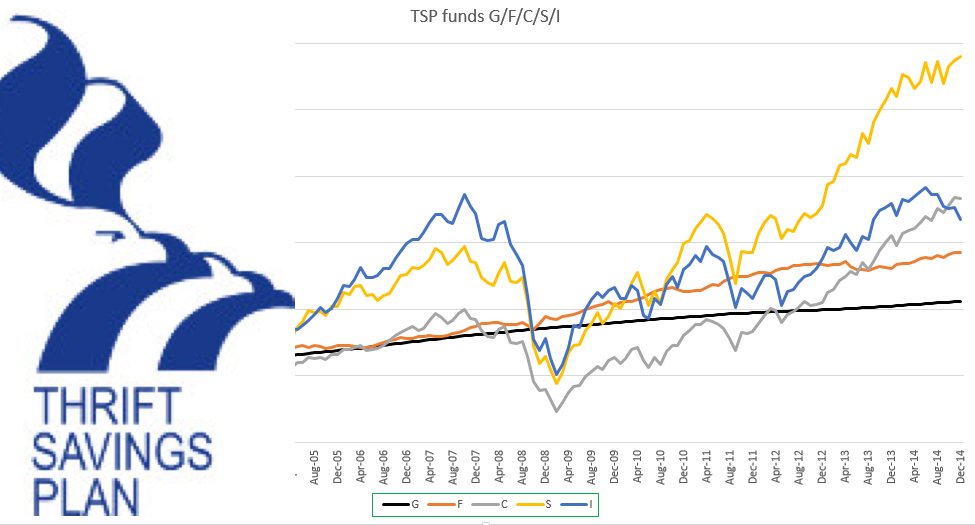Are Women Less Influential When it Comes to Investments?

According to a study conducted by Bank of America, while they are superior at making investment decisions, the rate at which women make investments remains low compared to their male counterparts. Time and time again, the data proves the advantage of women in self-control, conducting research, and even determining risk aversion when it comes to investing. With only 46% of women feeling as though they have a small degree of influence over investing, it’s no wonder they are held back by obstacles. What are some of these roadblocks, and how are younger women pioneering future generations toward an open conversation about finances?
Financial freedom is dependent upon both short-term and long-term financial planning and the confidence to progress in that direction. Long-term finances happen to be one of the biggest issues faced by women of today. Up to 94% of women feel they will become solely responsible for finances within their lifetime, with only 28% of said women feeling empowered enough to succeed. Among the women within this study, 44% struggle to pay down debt, with other issues including emergency funds, retirement savings, and the ability to build wealth.
When it comes to financial independence, though, just 47% of women recognized paying off debt as the cornerstone of financial freedom. Additional concerns include unexpected expenses, funding education for future generations, and caring for aging parents. Putting money away for retirement is another concern for men and women alike, with over 40% of women feeling uncertain about enjoying a comfortable retirement. Unfortunately, most women beginning to reach retirement age have already resigned themself to relying solely upon a fixed income through Social Security benefits.
As pioneers toward open conversations regarding finances and investing, younger women may be the key to changing the course of history for themselves and future women. Women between the ages of 22 to 39 feel more comfortable conversing over finances with others, such as financial advisors, than their aging counterparts. Could this be the cause behind upwards of 65% of younger women freely willing to discuss new investment opportunities, whereas 59% are more confident in requesting raises throughout the workplace?
This isn’t just a problem in the United States, but a worldwide struggle for women alike. Words such as “male-dominated,†“patronizing,†and “untrustworthy†are just a few of the more prominent phrases used by women with a strong aversion to the stock market. Shockingly enough, although most of the women who participated in another British-based study were solely responsible for the majority of the household finances, not one had ever invested in stocks. Ultimately, more than one-third of the women who chose to participate in either study noted the availability of a trustworthy source for financial advice could mean a world of difference.
Contact Information:
Email: [email protected]
Phone: 2129517376
Bio:
M. Dutton and Associates is a full-service financial firm. We have been in business for over 30 years serving our community. Through comprehensive objective driven planning, we provide you with the research, analysis, and available options needed to guide you in implementing a sound plan for your retirement. We are committed to helping you achieve your goals. Visit us at MarvinDutton.com . Tel. 212-951-7376: email: [email protected].





